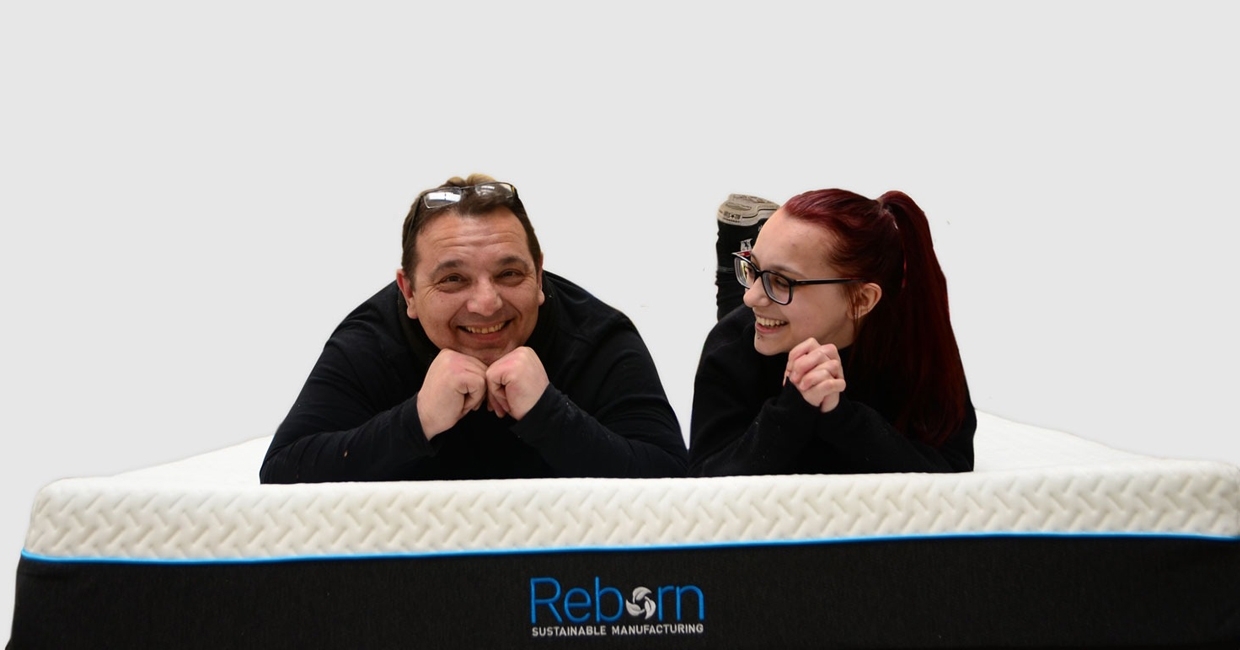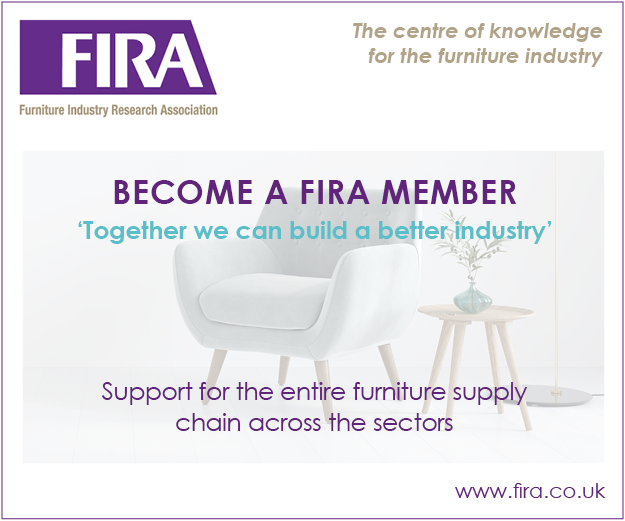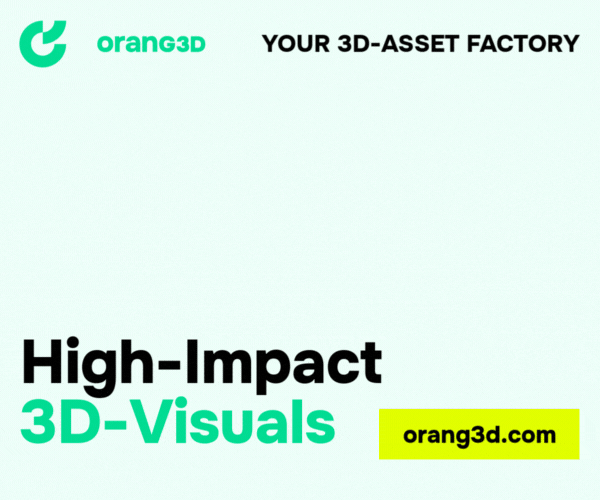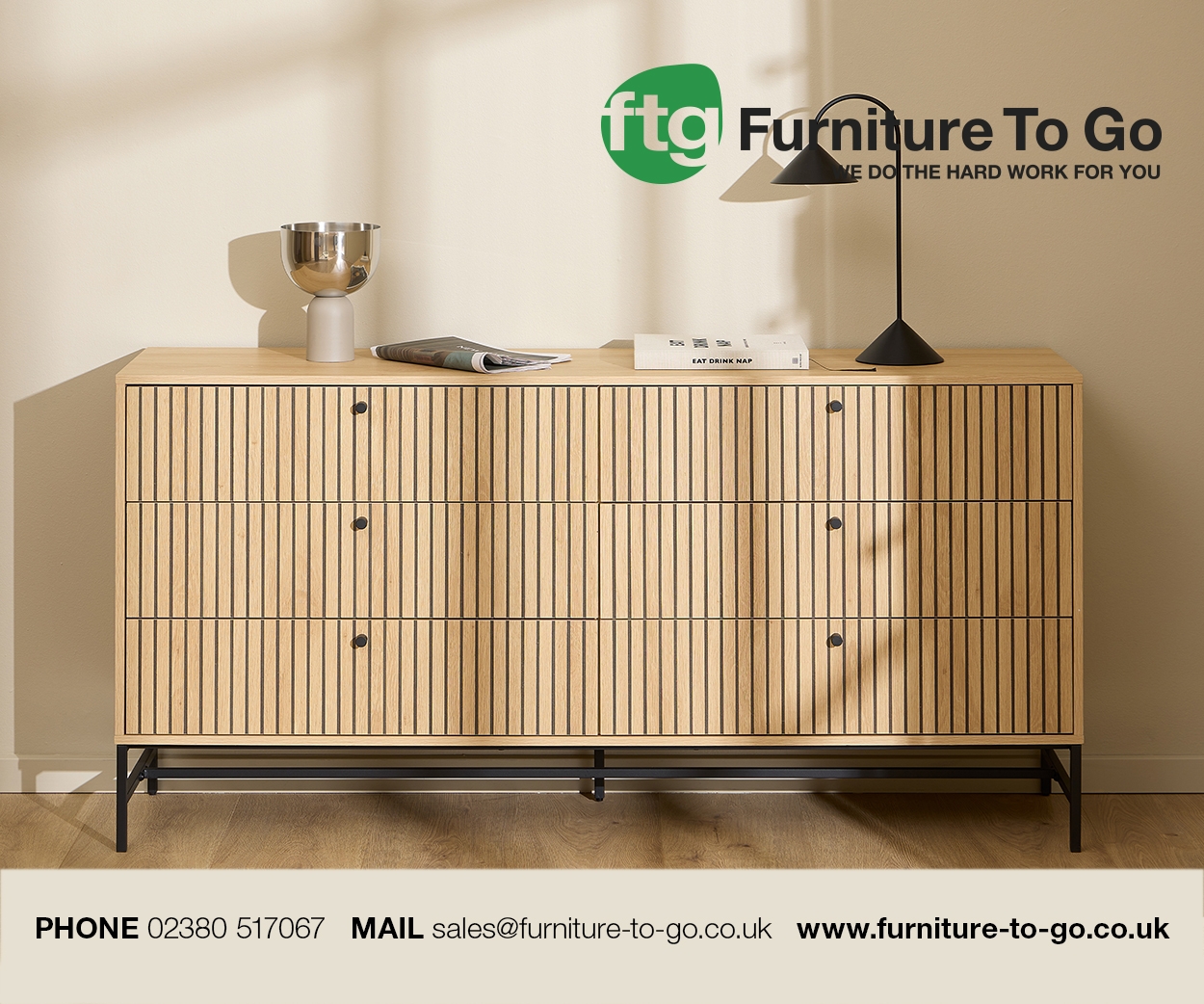Mattress recycling is certainly not the cleanest, easiest or the most glamourous of jobs – writes Bye Bye Bed’s founder Paul Beckett, who nonetheless pioneered his own ethical solution for disposing of post-consumer mattresses, driven by the will to “do what’s right” …
“Why are end-of-life (EoL) mattresses a worldwide problematic waste stream? Why is it unlikely that we will not meet the 2028 target of 75% diversion from landfill? Why are 76% of EoL mattresses still going to landfill? Why, out of the 24% of mattresses sent for recycling, are only 14% of materials recovered (‘real rate’)? And why are mattress (and furniture) fly-tipping incidents increasing?
“Asking ourselves ‘why’ over and over again allowed us to overcome many of the historical barriers associated with mattress recycling,” says Paul, who, in 2019, drew upon many years of bed industry experience to establish Bye Bye Bed in Birstall, West Yorkshire.
Waking up to the possibilities
“Committing ourselves to the manual deconstruction route certainly didn’t come without its challenges,” he continues – but Paul was adamant from the outset that something needed to change, improvements needed to be made, and that the mattress industry’s reputation had, over many years, deteriorated to a point that margins had to be at an all-time low.
“It was clear from the early stages that diverting separated materials to historical re-processors for little return was not a financially viable long-term option,” Paul explains, outlining the industry’s need to get ahead of incoming environmental legislation. “This, coupled with potentially flooding these businesses with materials following an imminent ban on mattresses entering landfill, meant that it was blatantly clear that unless a more circular solution was found for the vast amount of individually separated components, the cost of the traditional mattress recycling gate fee would soar. And this cost would inevitably be passed on to the consumer.”
Paul says these realisations drove a conviction that the burden of energy, emission and resources on the economy and ecology could be reduced by re-manufacturing products into something new before considering diversion to re-processors or energy-from-waste (EfW) recovery.
“Doing so would mean converting what was a waste product destined for landfill, into a commodity with limitless growth potential, while offering the consumer a choice they’d never had before – either purchase a brand-new product, manufactured from virgin raw materials, and pay the economic and ecological price … or choose to purchase a re-manufactured product of the same integrity, the same legal compliance, and the same cleanliness (if not cleaner) than a newly manufactured product, but at a fraction of the price, and a tiny fraction of the ecological impact.
“In short, our vision was to make mattress recycling a free service to all, removing any consideration of fly tipping or burdening local authority services.”
Eco-friendly economies
On paper, the task looked daunting – the development of a world-first sustainable manufacturing operation from the deconstructed, separated and sanitised components of EoL post-consumer mattresses.It meant converting a product that was deemed 100% waste, and guaranteeing that 100% of the mattresses avoided landfill. It entailed finding a circular solution for 100% of the separated components, and creating products that were 100% recyclable.
And while Bye Bye Bed and its manufacturing arm, Reborn Products, have not yet arrived at their final destination, they are making great progress, says Paul: “We’re set to double in size and extend into an additional 19,000 sqft facility early this year. Reborn Products have revolutionised the world of mattress recycling by finding a circular solution for each and every individual component that has been retrieved from post-consumer mattresses – slicing, dicing, grinding and sanitising materials, we are able to produce a plethora of products from insulation to pet beds, composts to campervan cushions, divan bases to garden planters … the list of opportunities for ecological and economic benefit for all is endless.”
Paul confirms that a 100% recycled mattress, 100% recycled pet bed and 100% insulator have already been produced. “They’ve not been not fully launched to market,” he adds, “but many of our 95%-recycled products are already a huge hit with the environmentally conscious customer, who can often boost their Social Value Quality Mark (SVQM) via our ecological and ethical recycling practices.”
Working with His Majesty’s Prison Service and supporting its strategy to rehabilitate offenders and cut crime, Paul’s work is also improving skills and potential employability outcomes – and the economic benefits don’t stop there, he says: “Our flexibility, proactive methodology and possibly best-in-industry gate fees are probable good reasons for our rapid YoY growth, and help lift our reputation for ‘doing what’s right’ for the good of the environment, the customer and the mattress industry.
“Our closed-loop, circular economy solution provides the answer to the five ‘whys’ I raised earlier, and protects us all from a potential soaring increase in mattress-recycling gate fees. From a business perspective, it’s all about looking at the bigger picture, and getting to the root cause to proactively prevent a hike in mattress disposal costs. From an environmental viewpoint, why wouldn’t you pursue such a course?”
Pictured: Paul Beckett with apprentice Jen Beckett











